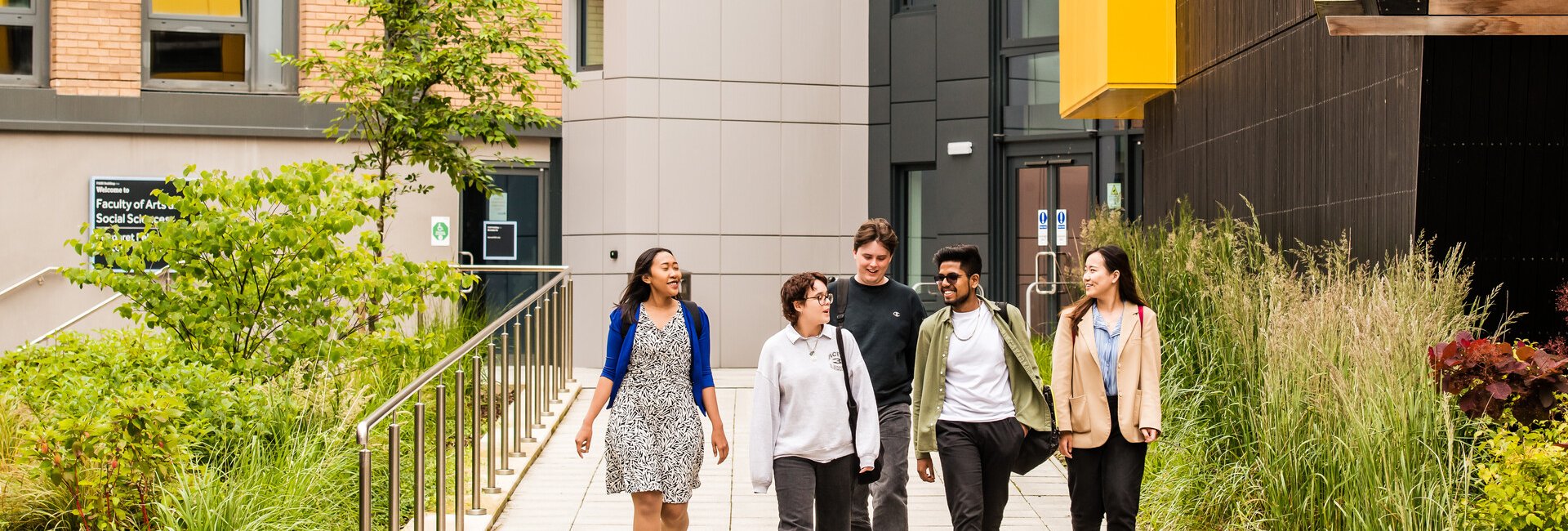Lancaster University Open Day
28 Jun 2025, 09:00
Lancaster

Why Lancaster?
Design your degree, selecting from a wide range of modules, exploring history and literature from the ancient to the modern, and the local to the global
Study in a city steeped in history, and with the Lake District, home of the Romantic poets, on your doorstep
Hear from visiting authors and academics at our many literary events, on campus, online, and in Lancaster’s historic Castle Quarter
Enhance your knowledge in regular small-group seminars with inspiring, world-class scholars
Graduate with skills in analysis, communication, and persuasion that will make you stand out in the jobs market
Explore a vast range of literary works, from ancient myth to the contemporary graphic novel, and study a host of historical movements, from the fall of Rome to the rise of human rights. Through engagement with texts and artefacts crossing continents and centuries, our interdisciplinary programme will immerse you in both literature and history.
Map your own journey
You will be able to select from a wide range of modules (from ‘Medieval Theatre’ to ‘Urban Gothic’ and ‘The Normans in Italy’ to ‘The Cold War’) and, in your third-year dissertation, be free to explore a literary and/or historical topic or theme of your own choosing. In literature, this could be, say, Renaissance sermons or filmic representations of World War One; in history, this could be, say, a global phenomenon like the Transatlantic Slave Trade or a local story like the Lancashire ‘Witch’ Trials.
Support at every step of the way
We keep our seminars small so that we can really get to know our students. If you choose to write a dissertation, you’ll receive one-to-one guidance from your tutor to deep dive into a topic you’re passionate about.
To supplement your studies, you’ll have a range of opportunities to develop real-world skills that will prepare you for your future career. You might choose to get involved with one of our four student-run literary journals (Cake, Flash, Lux and Errant), giving you invaluable experience in writing or publishing. You may also wish to take part in our schools placement module or our heritage placement module, where past students have worked with organisations like The National Trust and the Duchy of Lancaster.

Learn what it's like to study at Lancaster University. From key stats to campus highlights, open days, and more - find everything you need to know here.
The following entry points are available for this course:
This section shows the range of grades students were previously accepted with - learn more. It is designed to support your research but does not guarantee whether you will or won't get a place. Admissions teams consider various factors, including interviews, subject requirements, and entrance tests. Check all course entry requirements for eligibility.
Students aged 17/18 who applied to this course were offered a place.
See how students with your grades have been accepted onto this course in the past.
Operated by the Office for Students
Employment after 15 months (Most common jobs)
Go onto work and study
The number of student respondents and response rates can be important in interpreting the data – it is important to note your experience may be different from theirs. This data will be based on the subject area rather than the specific course. Read more about this data on the Discover Uni website.
No fee information has been provided for this course
Tuition fee status depends on a number of criteria and varies according to where in the UK you will study. For further guidance on the criteria for home or overseas tuition fees, please refer to the UKCISA website.
For information on our fees, please see www.lancaster.ac.uk/study/fees-and-funding.
Bailrigg
Lancaster
LA1 4YW
Visit our website Visit our course page
Email:ugadmissions@lancaster.ac.uk
Phone:01524 592028